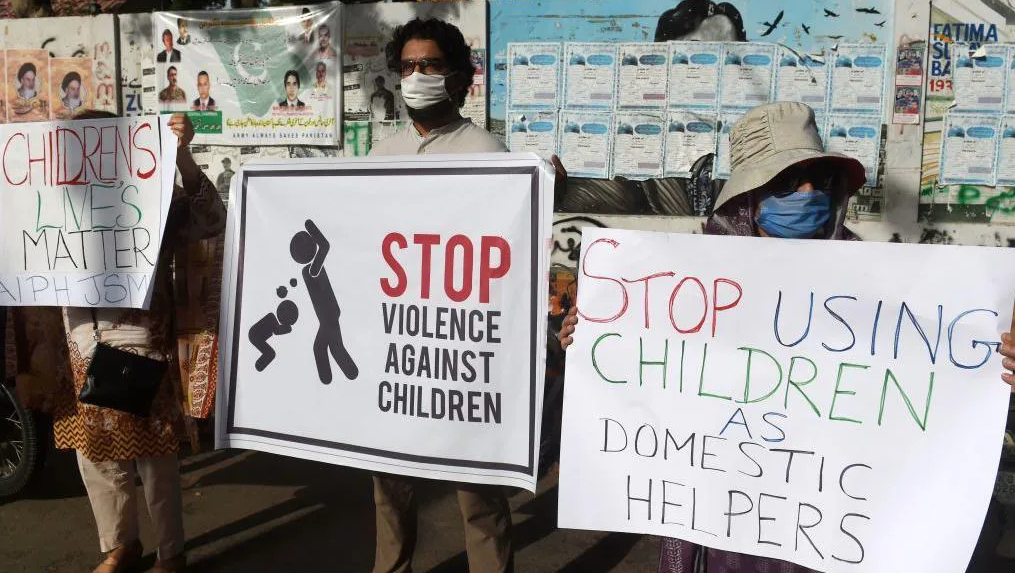Plastic waste has become a pressing environmental issue worldwide, and Namibia is no exception.
However, in recent years, the concept of extended producer responsibility (EPR) has emerged as a powerful tool to address the challenges associated with plastic waste management.
EPR shifts the burden of responsibility from consumers to producers.
It offers a viable and sustainable solution to reduce plastic waste and promote a circular economy.
In this space, I will explore the concept of EPR and its potential impact on plastic waste management in Namibia.
UNDERSTANDING EPR
Extended producer responsibility is a policy approach that holds manufacturers responsible for the entire lifecycle of their products, including their proper disposal.
For example, in plastic bottle recycling, programmes for plastic bottles often require beverage producers such as Namibia Breweries to establish and finance systems for the collection and recycling of their bottles.
This could be done by setting up collection points, partnering with recycling companies, waste collectors and promoting consumer awareness as well as participation in recycling initiatives.
EPR aims to promote waste reduction, recycling, and the use of environmentally friendly materials through financial and operational incentives.
Under EPR, producers or manufacturers are required to take responsibility for the collection, recycling, and safe disposal of their products, encouraging them to adopt eco-friendly practices and design products with recyclability in mind.
ECO IMPACT
Firstly, EPR would encourage eco-design and sustainable packaging.
If well implemented in Namibia, EPR can encourage producers to adopt eco-design principles and develop products with reduced environmental impact.
This includes using recyclable or biodegradable materials, minimising packaging, and promoting product durability.
Such practices would significantly reduce the amount of plastic waste generated and enhance resource efficiency.
The ministry of environment should take steps to incorporate EPR into the current Waste Management Strategy or alternatively set up an Extended Responsibility Framework where EPR regulations should be implemented to ensure that it is executed in an effective manner.
Secondly, EPR would strengthen recycling infrastructure in Namibia.
This means its programmes would incentivise producers to invest in and improve recycling infrastructure, such as waste collection infrastructure, fleets and recycling facilities.
This would also result in better waste management systems, increased recycling rates, and the creation of job opportunities in the recycling sector.
Additionally, it would promote the establishment of partnerships between producers, local authorities and waste management organisations to streamline the recycling process.
CHANGING BEHAVIOUR
EPR can further change consumer behaviour by creating programmes that can raise awareness among consumers about the environmental impact of plastic waste and promote responsible consumption habits.
If effective education and awareness campaigns are well implemented in Namibia, citizens can make more sustainable choices, such as purchasing products with less packaging or opting for reusable alternatives.
This shift in consumer behaviour, combined with producer responsibility, can drive significant reductions in plastic waste generation.
Furthermore, EPR frameworks often include financial incentives for producers who meet specific recycling and waste reduction targets.
These incentives can motivate manufacturers to invest in research and development of innovative recycling technologies, explore alternative materials, and establish take-back systems.
Such investments would ultimately lead to a more sustainable and circular economy in Namibia, with reduced plastic waste and increased resource efficiency.
IT’S UP TO US
In summary, extended producer responsibility (EPR) is a policy approach that seeks to transfer the responsibility of waste management from the government to producers.
This shift incentivises producers to integrate environmental considerations into their product design and take accountability for the waste resulting from their products.
It offers numerous benefits, including the promotion of sustainable practices, enhanced resource efficiency, and decreased environmental pollution.
By adhering to EPR regulations, businesses can showcase their dedication to environmental sustainability while fulfilling legal obligations.
It is therefore crucial for the government, especially the environment ministry, to work collaboratively with producers and citizens to embrace EPR and drive positive change for a cleaner and greener Namibia.
- Tangeni Haimbala is a circular economy expert. He has a masters in ocean Sustainability, governance and management from the World Maritime University; haimbalatangeni@gmail.com
Stay informed with The Namibian – your source for credible journalism. Get in-depth reporting and opinions for
only N$85 a month. Invest in journalism, invest in democracy –
Subscribe Now!










